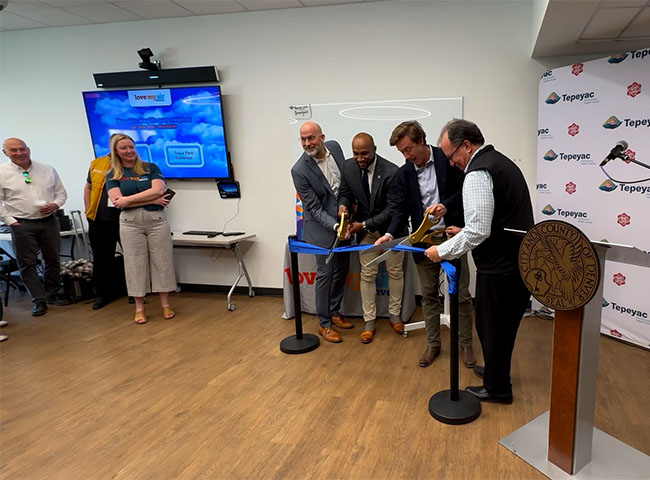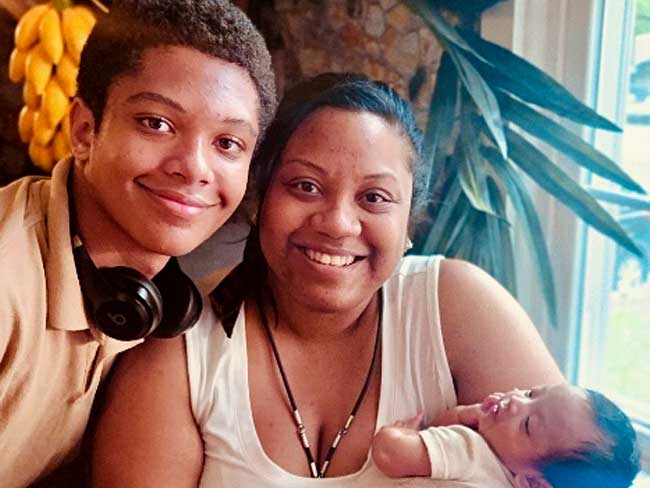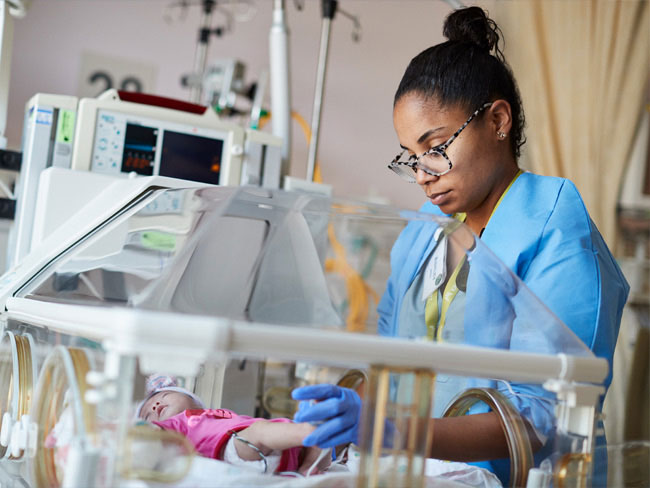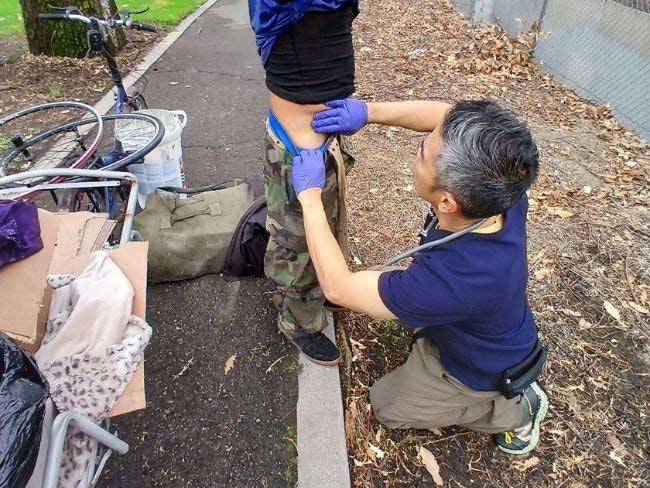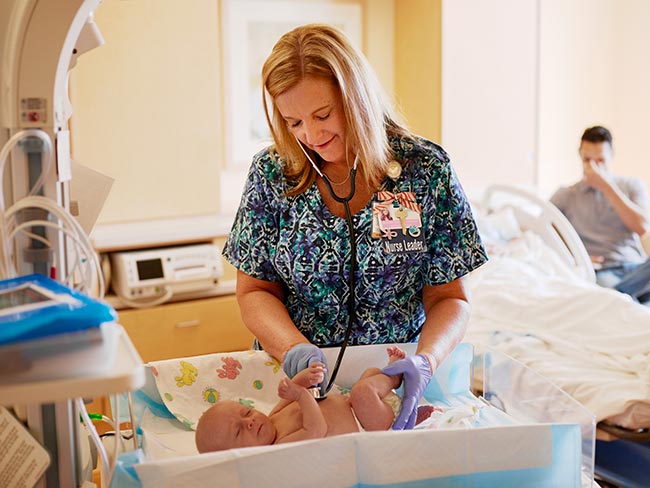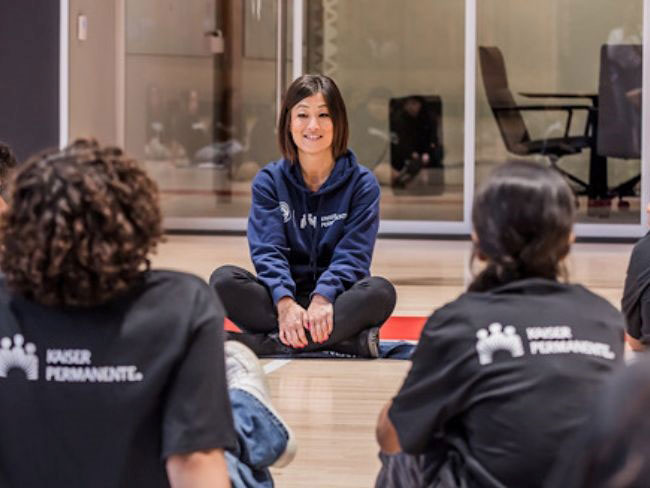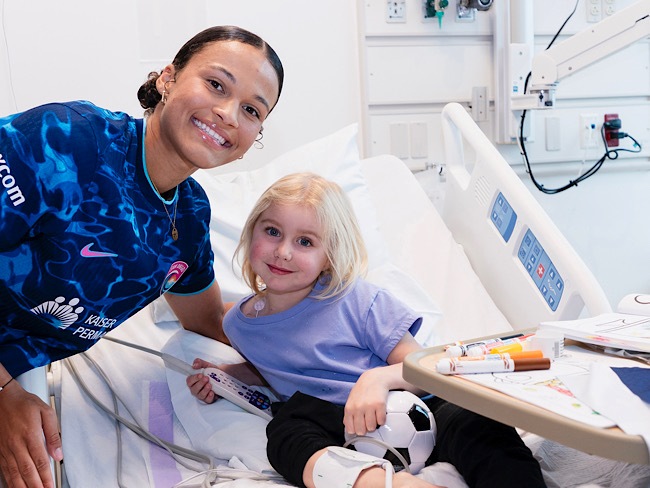News
Updates on everything that is Kaiser Permanente.
Named best insurance
Kaiser Permanente is the top health insurer in the nation for 5 years in a row, according to Insure.com.
Latest press releases
May 4, 2025
Kaiser Permanente and the National Union of Healthcare Workers reach tentative agreement
April 29, 2025Maui students gain hands-on skills at Career Exploration Day
April 24, 2025Neil Cowles named chief information and technology officer
April 17, 2025Pioneering renewable energy solutions
March 31, 2025Kaiser Permanente announces new hospital tower at its Sunnyside Medical Center
March 18, 2025Lahaina Clinic staff honored for volunteerism
February 17, 2025Sunnyside Medical Center receives Cardiac Surgery Award for 10 years straight
February 7, 2025Kaiser Foundation Health Plan & Hospitals, Risant Health report 2024 financial results
February 4, 2025Shari Hofer joins Kaiser Foundation Health Plan of Washington board of directors
January 21, 2025Kaiser Permanente names Wendy Watson president for Northwest Region
January 17, 2025Kaiser Permanente names Corwin N. Harper president of Georgia Region
January 1, 2025Kaiser Permanente’s 2025 Rose Parade® float wins Wrigley Legacy Award
December 18, 20242025 Rose Parade float participants include Special Olympics athletes
December 16, 2024$125,000 in grants fight food insecurity among seniors
December 11, 2024Kaiser Permanente Portland hospitals named Best Hospitals for Maternity Care
December 3, 2024Risant Health closes Cone Health transaction, adds second health system in nine months Risant Health
November 20, 2024The 2025 Rose Parade® float theme is ‘More Healthy Days for More Healthy Years’
November 12, 2024Kaiser Permanente named highest-rated Medicare health plan in Hawaii
October 23, 2024Kaiser Permanente partners with Atlanta Hawks to promote health and wellness
October 14, 20242025 Medicare Star Ratings: Kaiser Permanente health plans highly rated by CMS
October 7, 2024Expanding our relationship with HCA HealthONE in Colorado
September 16, 2024National quality report: Kaiser Permanente plans rated highest in all regions served
September 10, 2024Announcing a new strategic relationship with CommonSpirit Health
August 14, 2024Kaiser Permanente improves member experience with AI-enabled clinical technology
August 12, 2024Student-built website promotes local careers in health care
August 9, 2024Kaiser Permanente’s mobile health vehicle returns to Oahu
July 16, 2024Kaiser Permanente hospitals rated among nation’s best
July 16, 2024Kaiser Permanente Launches Home Health Agency on Hawaii Island
June 21, 2024Cone Health to become part of Risant Health Risant Health
June 14, 2024Advanced recognition for quality care and equity
June 12, 2024Kaiser Permanente opens Mom and Newborn Center on Maui
May 30, 2024Increasing Access to Mental Health Care Across Hawaii
May 21, 2024$4.2 million committed to mental health workforce
May 7, 2024Air quality program expands with Kaiser Permanente grant
May 7, 2024Moanalua Medical Center receives top mark for patient safety
April 29, 2024Kaiser Permanente names new enterprise strategy, business development leadership
April 26, 2024$50M renovation of Cumberland Medical Center
April 26, 2024Two physicians celebrated for volunteerism
April 11, 2024Launching the Food Is Medicine Center of Excellence
April 11, 2024Kaiser Permanente of Hawaii welcomes Ed Chan
April 2, 2024Risant Health completes acquisition of Geisinger
March 28, 2024Top business leaders collaborate on $10 million plan to add safety measures in downtown Oakland
March 27, 2024Kaiser Permanente and Town Hall Ventures launch Habitat Health
March 20, 2024Kaiser Permanente of Georgia unveils advanced diagnostic imaging
March 13, 2024National health care leaders commit to support public health
February 29, 2024Kaiser Permanente expands maternity services on Maui
February 28, 2024Kaiser Permanente members gain access to Boulder Community Health
February 20, 202417 awards for quality care
February 15, 2024Top-ranked for quality care in Washington state
February 9, 2024Kaiser Foundation Health Plan and Hospitals report 2023 financial results
More from Kaiser Permanente
Kaiser Permanente Home
